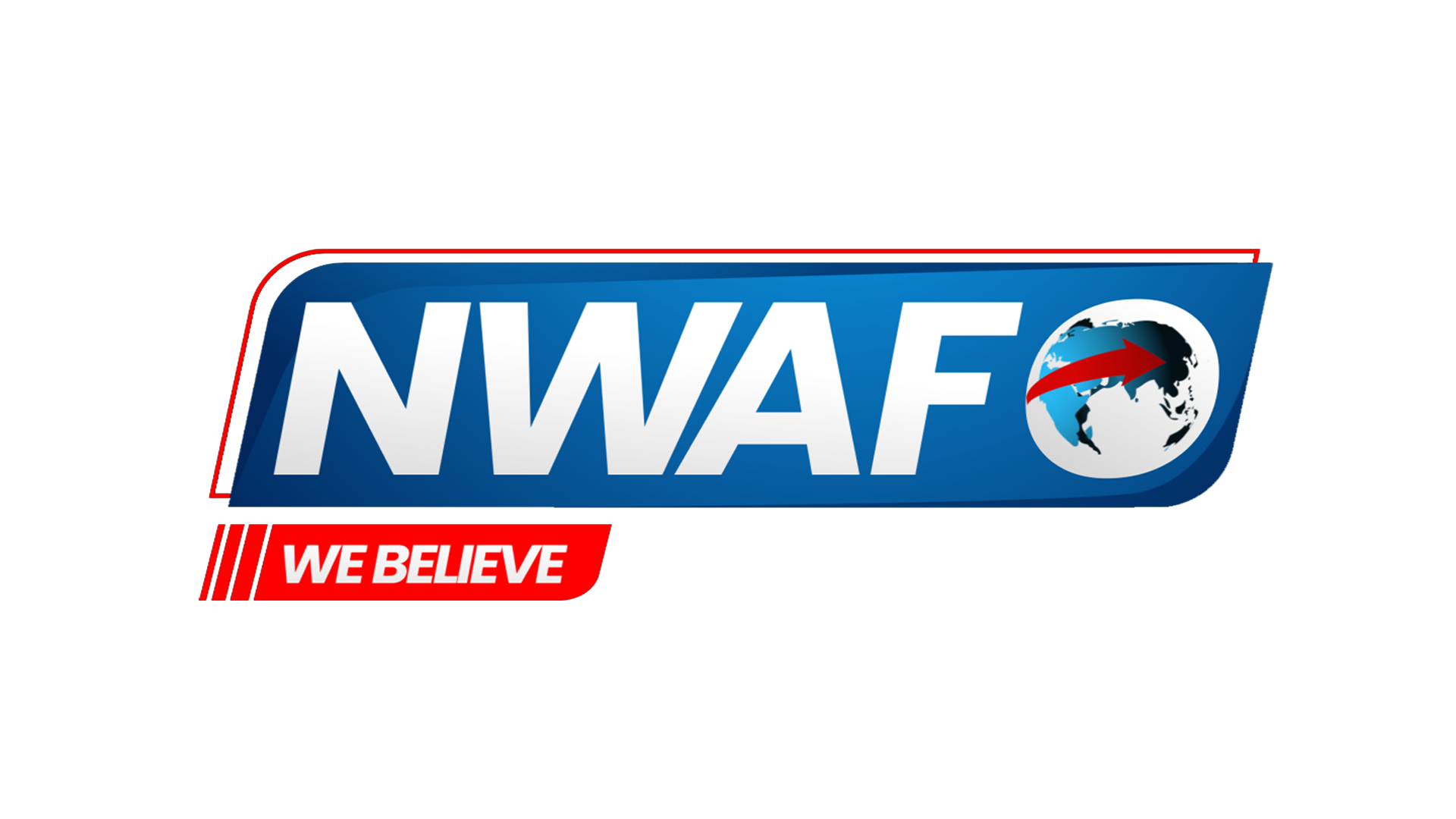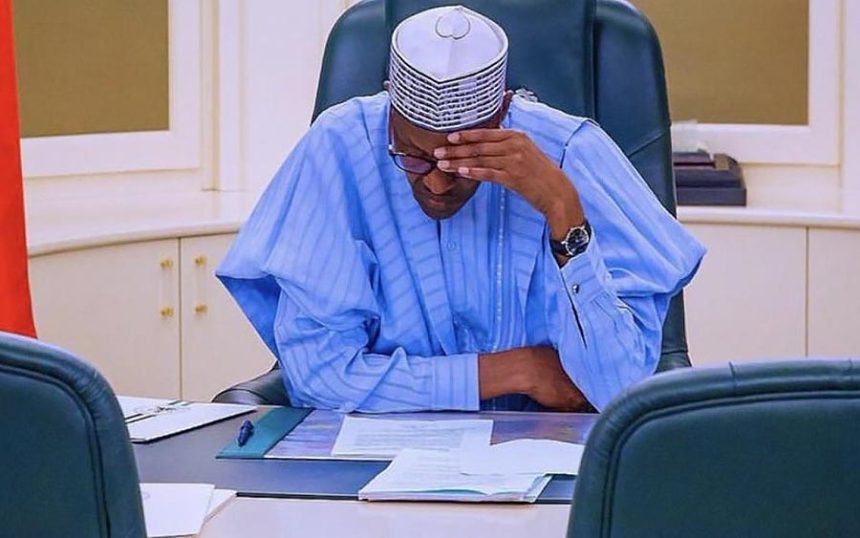[ad_1]
Nigeria’s Federal government incurred a sum of N4.22 trillion on debt servicing in 2021, increasing by 29.3% compared to N3.27 trillion spent in the previous year. On the other hand, revenue for the period only increased marginally by 9.3% to N4.39 trillion.
This means that Nigeria spent about 96% of its revenue on servicing debt obligations in the year under review. Compared to the previous year, Nigeria’s debt service-to-revenue ratio increased from 81.1% in 2020 to 96% in the year under review.
This is according to analysis carried out by Nairalytics, the research arm of Nairametrics on data from the Central Bank of Nigeria (CBN).
- Nigeria’s government revenue has been constrained in recent times by the underperformance of oil revenue due to the continuous decline in production capacity and volatility in the price of crude oil. According to data from the National Bureau of Statistics (NBS), Nigeria’s daily crude oil production dropped to 1.6mbpd in 2021 from 1.78mpbd recorded in the previous year.
- Notably according to recent data from the Organization of Petroleum Exporting Countries (OPEC), Nigeria’s crude oil production further declined to 1.238mbpd in March 2022 from 1.258mbpd average production recorded in February 2022.
- Interestingly, despite the increase in the Value Added Tax rate from 5% to 7.5%, Nigeria’s non-oil revenue has not been able to fill the gap caused by the underperformance of oil earnings, hence an underwhelming gross revenue.
- Meanwhile, debt service obligation continues to trend upward given continuous borrowings by the federal government to fund its budget deficit.

According to information from the Debt Management Office (DMO), Nigeria’s total debt profile rose to its highest level in 2021, hitting a record high of N39.56 trillion ($95.78 billion) as of December 2021, representing an N6.64 trillion ($9.39 billion) increase compared to N32.92 trillion ($86.39 billion) recorded as of the same period of the previous year.
Breakdown of Nigeria’s debt profile
- In dollar terms, federal government domestic debt increased by $4.54 billion in the review year to stand at $46.59 billion as of the end of the year, while external debt recorded a $5.04 billion increase to stand at $38.39 billion.
- A further breakdown of the debt profile shows that FGN bonds accounted for 72.6% of the total domestic debt at N13.96 trillion, followed by Nigerian Treasury Bills with N3.79 trillion, and promissory notes at N762.54 billion.
- A review of creditors shows that 48.6% of the country’s external debt is owed to multilateral organizations, with $3.46 billion being owed to the International Monetary Fund (IMF), $11.97 billion owed to the Internal Development Association of the World Bank, $1.55 billion in debt to the African Development Bank amongst other sources.
- Bilateral debts include $3.63 billion from Exim Bank of China, $561.6 million (France), $71.79 million (Japan), $164.27 million (Germany), and $33.48 million from Exim Bank of India.
Recent trends in total debt
- Over the last 5 years (2017–2021), Nigeria has spent N13.75 trillion on debt servicing, which is about 3 times the amount spent in the preceding 5 years (N4.89 trillion) between 2012 and 2016. Debt servicing cost in the past five years represents over 19% of Nigeria’s annual real GDP.
- In a space of 10 years (2012–2021), Nigeria’s debt service to revenue ratio skyrocketed from 21.6% to 96% between 2012 and 2021.
- Between 2012 and 2021, Nigeria’s debt profile also more than doubled to $95.78 billion (N39.56 trillion).
- A total of N3.61 trillion is earmarked for the 2022 fiscal year, representing 21% of the total expenditure.

What this means
The unrelenting increase in the amounts borrowed by the Federal Government simply means that as revenue challenges persist, the country is spending almost all of its revenue on servicing debts, exposing the nation’s financial stability to the threat of rising interest rates. In other words, as global interest rates rise, the government will find that it will become increasingly more expensive to fund its budget. Thus it will need to either trim its expenditure plans or become more aggressive/creative in raising revenue.
Related
[ad_2]
Source link










